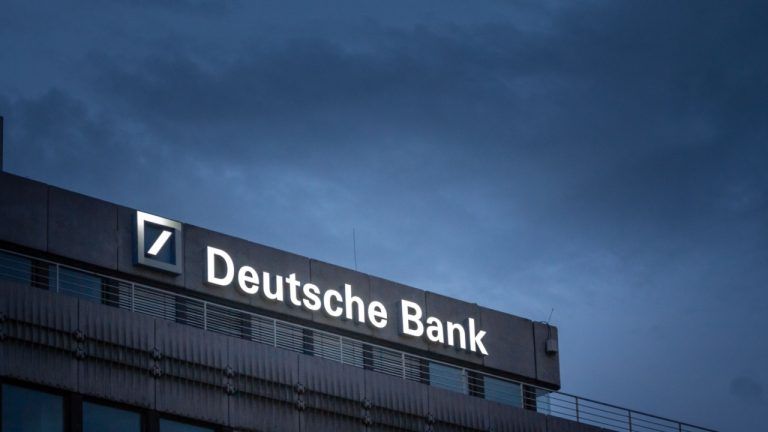
Canadian Bitcoin ETF sees its third-biggest daily inflow ever

Purpose Bitcoin ETF attracted over 1,000 BTC in inflows on Tuesday, its third-largest daily inflow since launch.
Canada-based Purpose Bitcoin ETF attracted over $38 million worth of Bitcoin (BTC) this Tuesday, its third-largest daily inflow to date.
According to data provided by Glassnode, investors poured about 1,054 BTC into the fund, marginally lower than the inflows recorded on Dec. 6, 2021. However, the capital injection still came out to be almost half the amount that entered the Purpose Bitcoin ETF on its debut on Feb. 22, 2021 — over 2,250 BTC.

Investors buying the dip?
Bitcoin exchange-traded funds (ETF) mimic the cryptocurrency’s spot price performance, thus allowing investors to gain exposure in its market without holding the actual BTC directly. In simple terms, ETF backers buy real Bitcoin with the money they attract from an investor, thus becoming a proxy method to measure markets’ interest in the cryptocurrency.
Typically, markets believe that strong inflows into funds drive up the underlying assets’ prices by attracting more return-chasing investors. As a result, Bitcoin’s price should move in the same direction as the fund flows — to the upside — in a perfect world.
The higher inflows surfaced despite Bitcoin’s recent price correction, wherein BTC’s price traded around $37,000 on Feb. 3, almost three months after hitting a record high of $69,000.

But in the same period, the total amount of BTC held in the Purpose Bitcoin ETF reserves has climbed from nearly 24,100 to a little over 31,000. That suggests that Purpose ETF investors have been buying the Bitcoin dip.
Means people bought the etf so they had to buy more coins.
— tiredfornow (@tiredfornow) February 2, 2022
But the story appears different when one takes all the Bitcoin funds into consideration.
Cautious accumulation in play
According to a report published on Jan. 31 by CoinShares, the Bitcoin funds experienced a weekly inflow of $22 million worth of BTC as of Jan. 28. Meanwhile, its collective year-to-date readings showed about $132 million in BTC exiting the market.
In doing so, the total assets under management at all the Bitcoin funds dropped to their July 2021 low of $29 billion in January before recovering to over $31 billion.
“We are seeing an increasing price sensitivity to monetary policy statements, with the recent FOMC meeting having an immediate intraday price response,” wrote CoinShares, noting that the funds encompassing all the digital assets saw inflows worth $19 million in the week ending Jan. 28.
“While small, it continues to suggest investors are beginning to cautiously add to positions at these depressed price levels.”

Eric Balchunas and Athanasios Psarofagis, senior ETF analysts at Bloomberg Intelligence, noted that Bitcoin ETFs would continue to attract inflows in 2022 as investors wait for the United States Securities and Exchange Commission to “approve a spot Bitcoin ETF.”
Spot Bitcoin recovery stalls
As Bitcoin ETFs indicate cautious accumulation, spot BTC has been threatening to continue its correction in the coming sessions.
Related: Willy Woo: ‘Peak fear,’ but on-chain metrics say it’s not a bear market
In detail, BTC/USD resumed its downside moves after failing to reclaim $40,000 on Feb. 1. The correction also appeared as the price tested a downward sloping trendline as resistance, serving as a descending channel’s upper trendline.

That increased Bitcoin’s potential to extend its bearish momentum toward the channel’s lower trendline, sitting near $30,000, a strong support level.
The views and opinions expressed here are solely those of the author and do not necessarily reflect the views of Cointelegraph.com. Every investment and trading move involves risk, you should conduct your own research when making a decision.
Go to Source
Author: Yashu Gola







